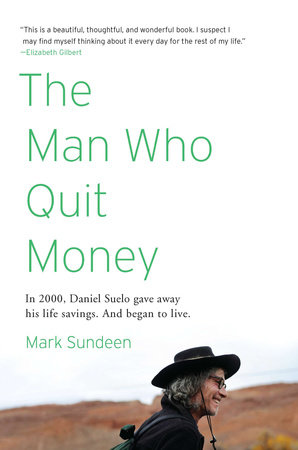The Man Who Quit Money Reader’s Guide
By Mark Sundeen


1. DISCUSSION QUESTIONS
Just for joining you’ll get personalized recommendations on your dashboard daily and features only for members.
Find Out More Join Now Sign In